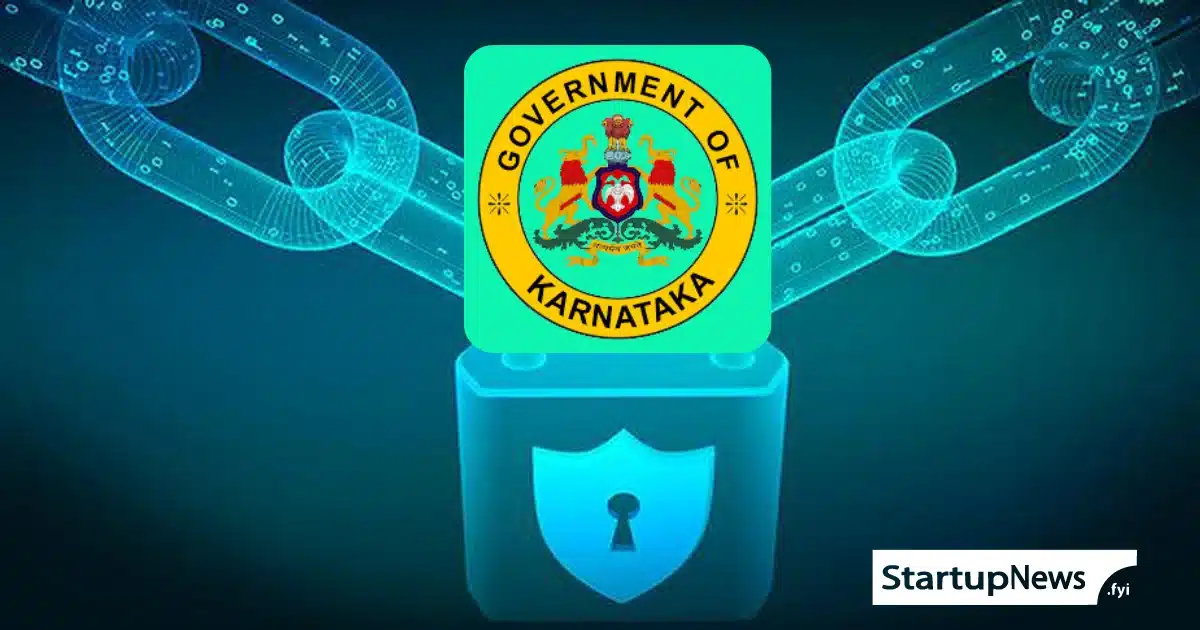The Karnataka Cabinet has given its nod to a new cybersecurity policy aimed at curbing cybercrimes within the state and bolstering data privacy measures.
Cybersecurity Focused Effort Amidst National Framework
While the country already operates under the National Cyber Security Policy, 2013, the Information Technology Act, 2000, the Information Technology (Amendment) Act, 2008, and the Information Technology Rules, 2011, the recently introduced Karnataka cybersecurity policy seeks to create a more targeted approach to address the issue.
Impact on Startup Ecosystem
The policy’s implications will be felt notably by numerous startups and companies headquartered in Karnataka. With Bengaluru being a thriving tech startup hub, housing over 1.7K funded startups, this new policy could potentially influence the operations of a significant portion of the Indian startup ecosystem.
Cybersecurity Key Goals and Initiatives
Law and Parliamentary Affairs Minister, HK Patil, states that the policy aims to lower the rising cybercrime rate in the state. It will also enhance public awareness regarding cybersecurity and data privacy. The policy will require conducting frequent awareness programs and surveys. Additionally, it will cover state government software, online banking, technical education, and training programs.
Policy and Legislative Alignment
While the move comes shortly after the passing of the Digital Personal Data Protection (DPDP) Bill, 2023, in the Rajya Sabha, the alignment of Karnataka’s new cybersecurity policy with the nationwide data protection bill remains to be seen. The DPDP Bill, which has undergone revisions since its inception in 2019, recently received approval from both houses of Parliament. It now awaits Presidential approval before becoming law.
The Karnataka government’s proactive stance complements the central government’s efforts. It reflects a growing urgency to address cybersecurity issues. India has been significantly impacted by cyberattacks. The newly approved policy is a crucial step toward enhancing online safety and data protection. It signifies progress in the digital age.



![[CITYPNG.COM]White Google Play PlayStore Logo – 1500×1500](https://startupnews.fyi/wp-content/uploads/2025/08/CITYPNG.COMWhite-Google-Play-PlayStore-Logo-1500x1500-1-630x630.png)